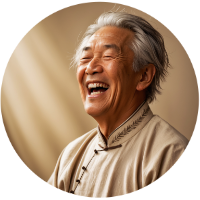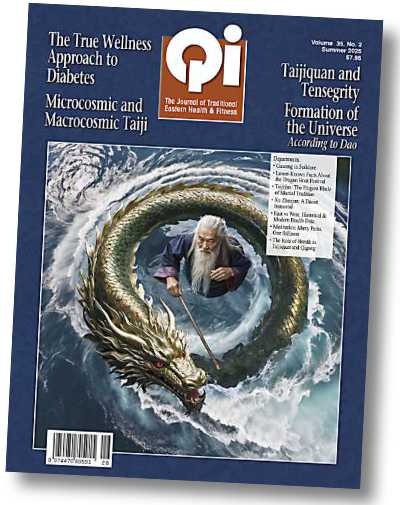The Hidden Cost of Skipping Breakfast
In today’s fast-paced households, mornings often begin in a blur: parents rushing to prepare children for school, finish household tasks, and get to work on time. Amid the chaos, breakfast is frequently the first thing to go. Whether it’s by necessity or habit, skipping breakfast has become normalized—but both modern research and Traditional Chinese Medicine (TCM) suggest this choice carries deeper consequences than we may think.
From a Western medical perspective, numerous studies link skipping breakfast with adverse outcomes. A large-scale study published in Journal of the American College of Cardiology (2019) found that people who routinely skipped breakfast had an 87% higher risk of cardiovascular mortality compared to those who ate breakfast regularly. Similarly, research in Nutrients (2020) highlights associations between breakfast omission and insulin resistance, weight gain, and poor cognitive performance in children and adolescents. Far from being a minor dietary choice, breakfast, or the lack of it, may influence long-term health outcomes for individuals of all ages.
Traditional Chinese Medicine offers a complementary perspective, viewing the morning hours as a critical window for nourishing the body. According to the zi wu liu zhu system (子午流注)—the ancient Chinese organ clock—the Spleen is most active between 7 and 9 a.m. In TCM theory, the Spleen is responsible for transforming food into qi (vital energy) and blood, which then nourish the entire body. Skipping breakfast during this peak time weakens Spleen qi, leading over time to fatigue, poor concentration, digestive irregularities, and even weakened immunity.
Children and working adults are especially vulnerable to the effects of this imbalance. For students, failure to nourish the Spleen in the morning may result in “dampness accumulation,” leading to sluggishness, lack of focus, and digestive complaints. For adults under work-related stress, missing breakfast can exacerbate patterns of Liver qi stagnation and Spleen deficiency—two of the most common diagnostic patterns seen in TCM clinics today. These imbalances often present with symptoms such as irritability, abdominal bloating, cold hands and feet, and afternoon fatigue.
The type of breakfast also matters. TCM emphasizes warm, cooked foods such as rice porridge (congee), steamed vegetables, or lightly sautéed eggs as ideal morning meals. These support digestive fire (Spleen yang) and provide stable energy. Cold smoothies, coffee on an empty stomach, or skipping the meal altogether only compound stress on the digestive system, particularly in cooler months.
While some modern dietary trends—like intermittent fasting—have gained popularity, TCM reminds us that not all bodies benefit equally from such protocols. What may offer short-term benefits for some can exacerbate underlying deficiencies in others, especially when coupled with emotional stress and poor sleep.
In short, breakfast is not just about filling the stomach; it’s about supporting the body’s natural rhythms, protecting long-term vitality, and giving both parents and children a calmer start to an increasingly hectic day.
Key References:
- Cahill LE et al. “Breakfast Skipping and Risk of Cardiovascular Mortality.” J Am Coll Cardiol. 2019;73(16):2025–2032.
- Uzhova I et al. “The Importance of Breakfast in a Healthy Lifestyle.” Nutrients. 2020;12(3):729.
- Maciocia, G. The Foundations of Chinese Medicine. 3rd ed. Elsevier, 2015.









